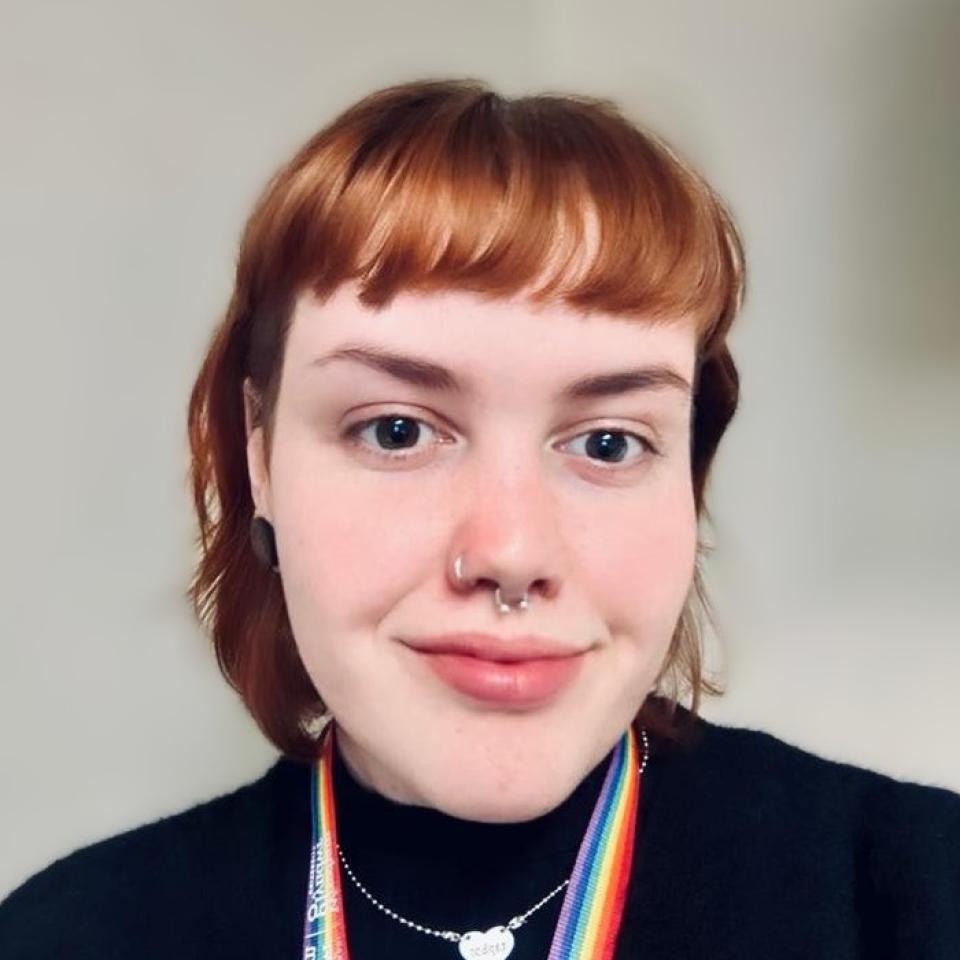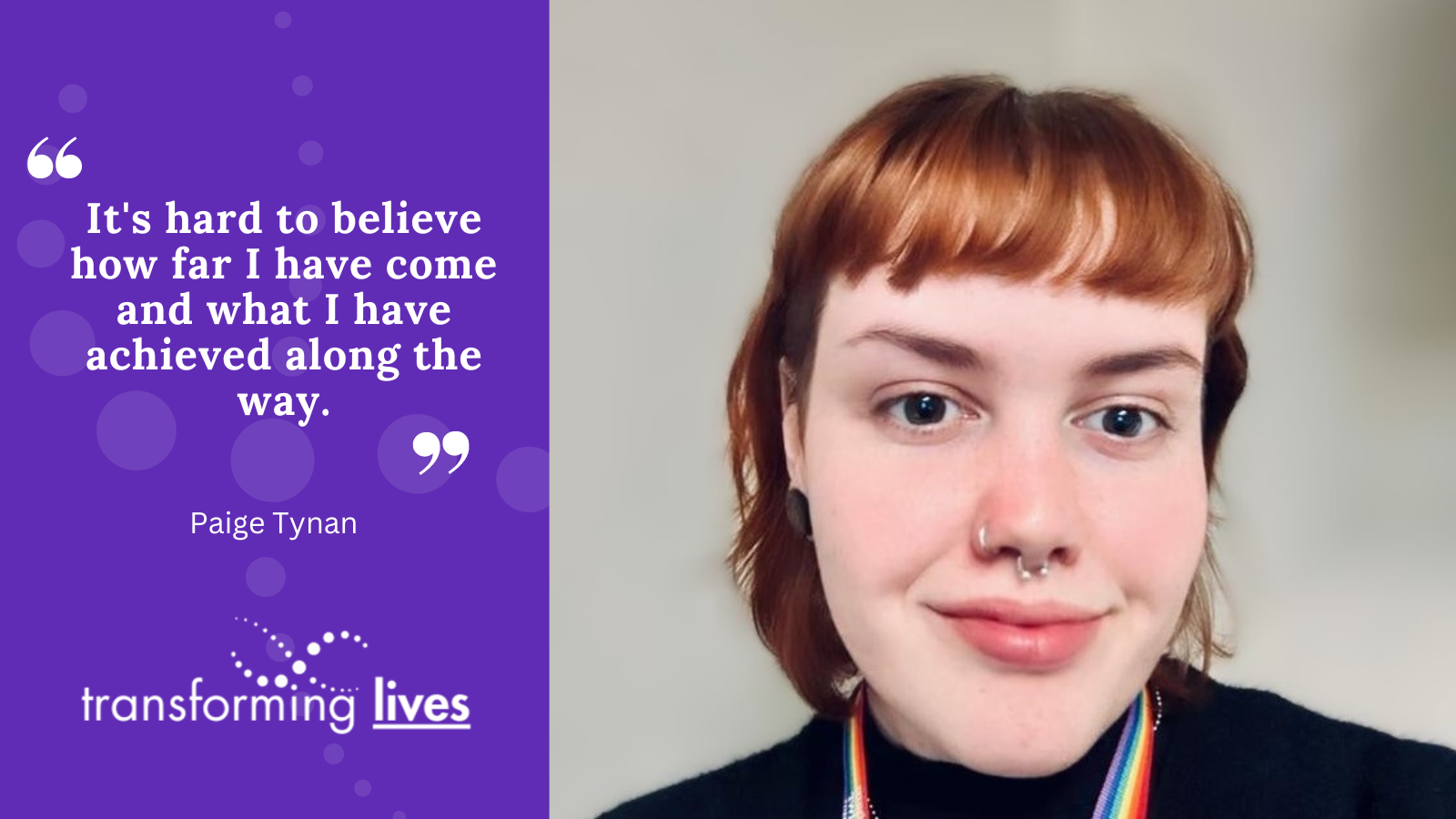
Transforming Lives - Paige Tynan
Paige Tynan graduated from Wrexham University with a Forensic Science degree. She is now a biosciences lecturer and in her final PhD year.
Here is Paige's story:
“Starting a degree at Wrexham University was a last-minute decision for me. At high school, I was told that I would fail my science exams. It knocked my confidence so much that I decided pursuing science was no longer the right path for me. Instead, I went to college to study childcare. I decided to apply to university to study paediatric nursing but the application process required English tests, which I failed. I had now had five rejections and no clear plan of what I wanted to do.
"I decided to give science one last chance. I looked up Forensic Science degrees and found that Wrexham University offered a foundation year route which would allow me to catch up on the science knowledge I had missed out on at A-Level.
"At first, I struggled to settle into university, but by my second year, everything just started clicking into place. I received a dyslexia diagnosis and had outstanding support from my lecturers and the Inclusion team. I now had the support I needed, and my grades started improving.
"In my second year, I had the opportunity to visit America where we learnt all about decomposition and bones and spent the afternoon in one of the very few Human Taphonomy research facilities in the world. This is where I became fascinated with the study of Forensic Taphonomy.
"Since this trip, much of my research has had a focus on Forensic Taphonomy. My dissertation research looked at whether human body size had an impact on the rate of decomposition. I later went on to win two awards; a High Commendation at the Global Undergraduate Awards, where there were over 4,000 submissions from students in 50 different countries, ranking it in the top 10% of the Life Science category; and the Delegates Choice Award at the British Association for Forensic Anthropology's Summer Conference.
"I am now less than a year away from submitting my PhD thesis and am working as a full-time Lecturer in Biosciences at Wrexham University, inspiring the next generation of forensic scientists. I also have a number of scientific articles published in Springer Nature journals, and hope for many more to come."

